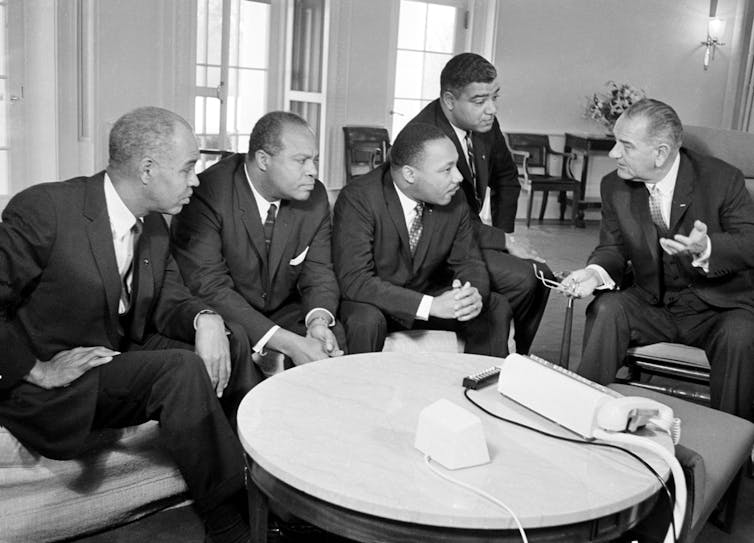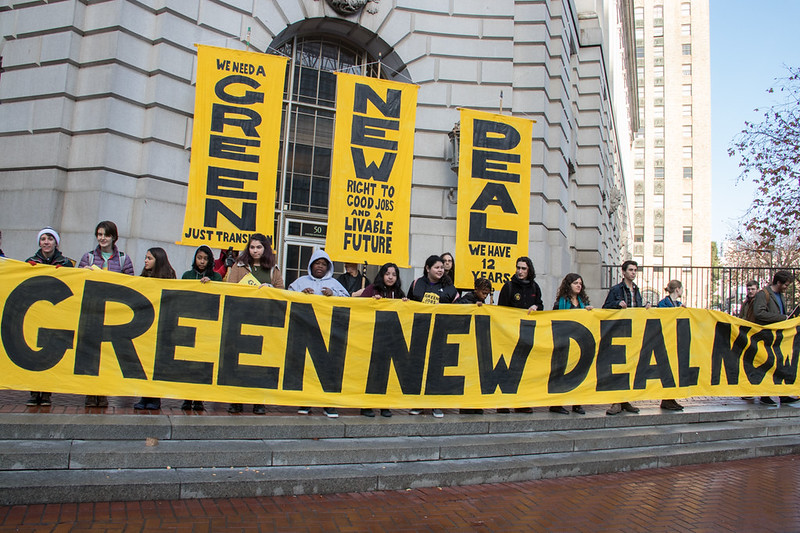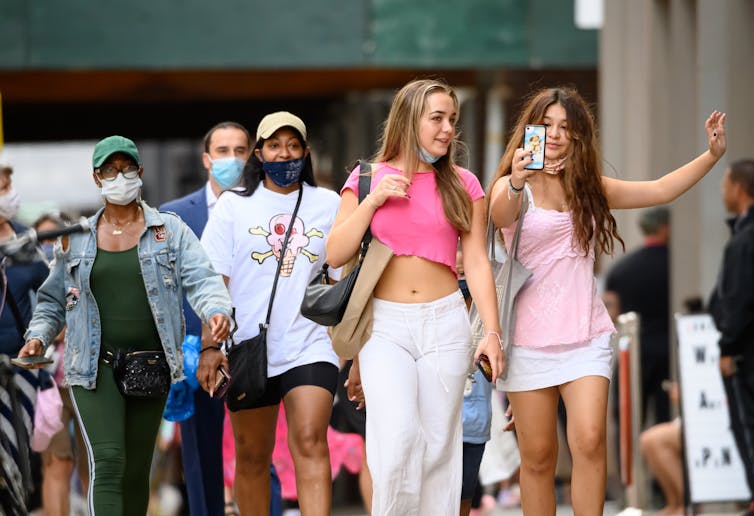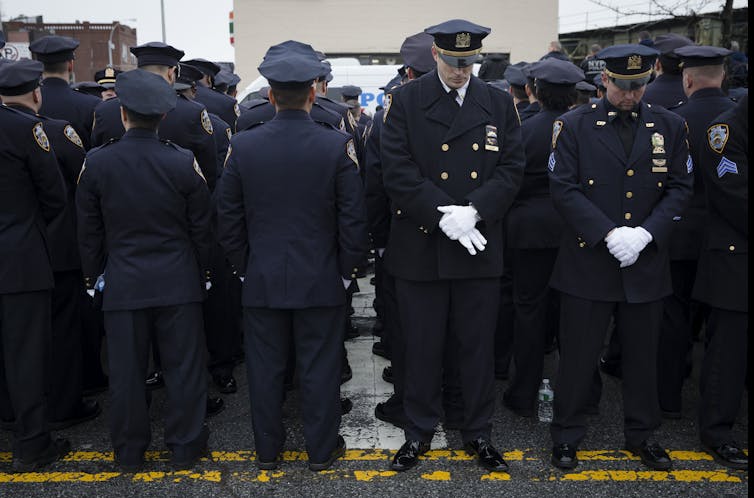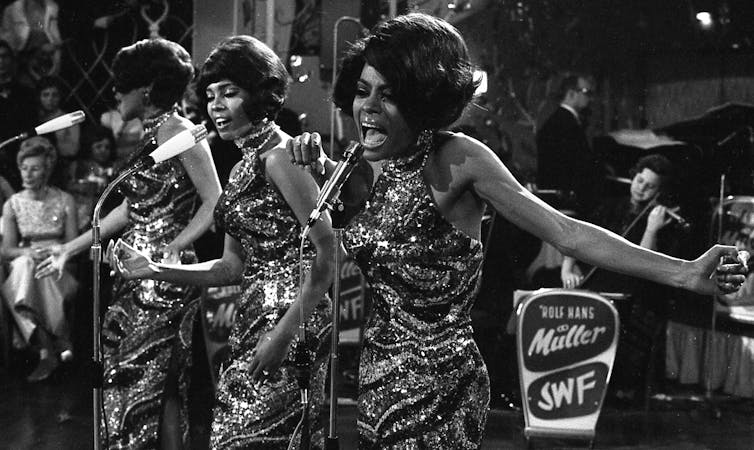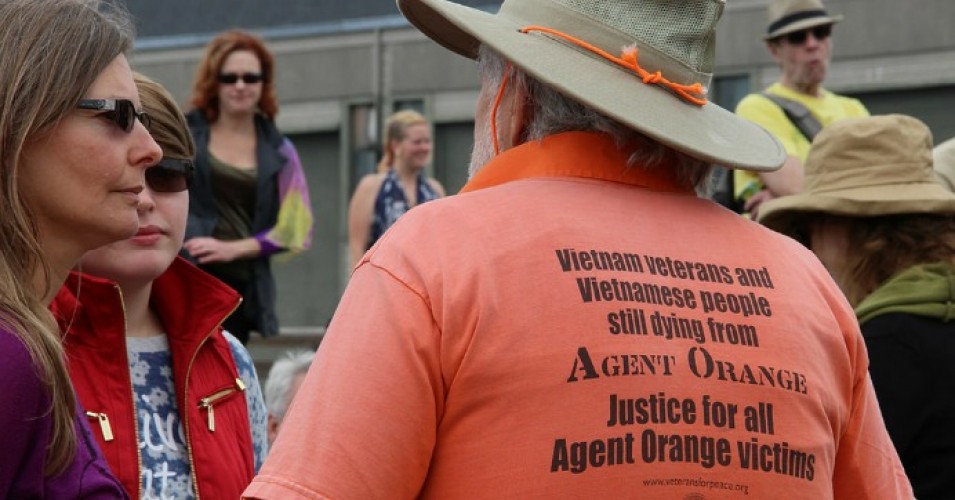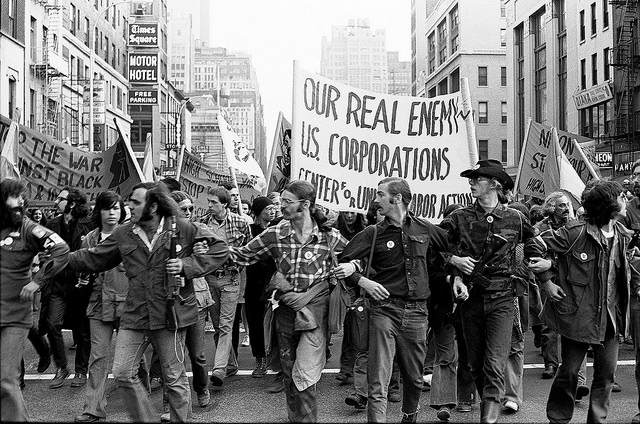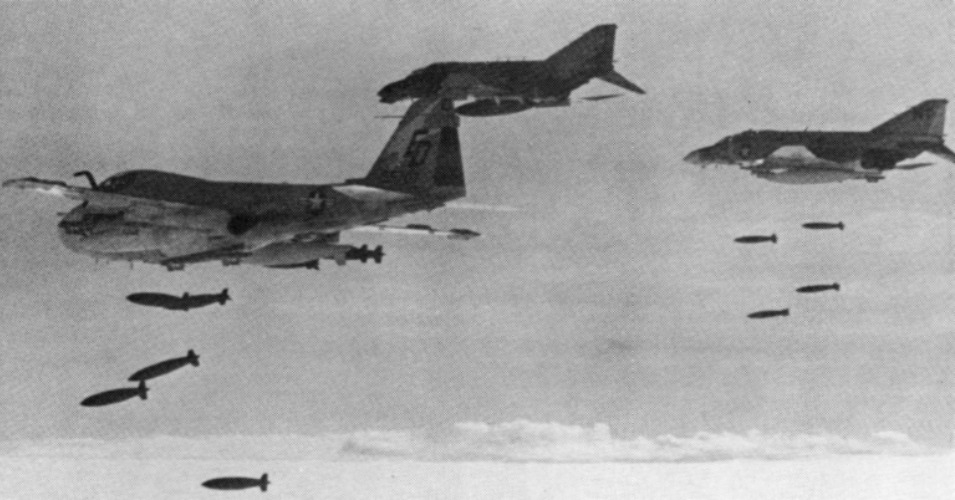
Alexei Druzhinin / Sputnik/AFP via Getty Images
Michael De Groot, Indiana University
As Russia masses forces and equipment on Ukraine’s border, international tensions over a possible invasion intensify almost daily. Ukraine has emerged as ground zero of what some pundits have dubbed a new Cold War between Russia and the West.
In my view as a Cold War historian, this comparison distorts the Cold War and misrepresents the stakes of the current crisis.
Yet reviewing the Cold War is important because its legacy shapes Russian President Vladimir Putin’s policy toward Ukraine. Continue reading


